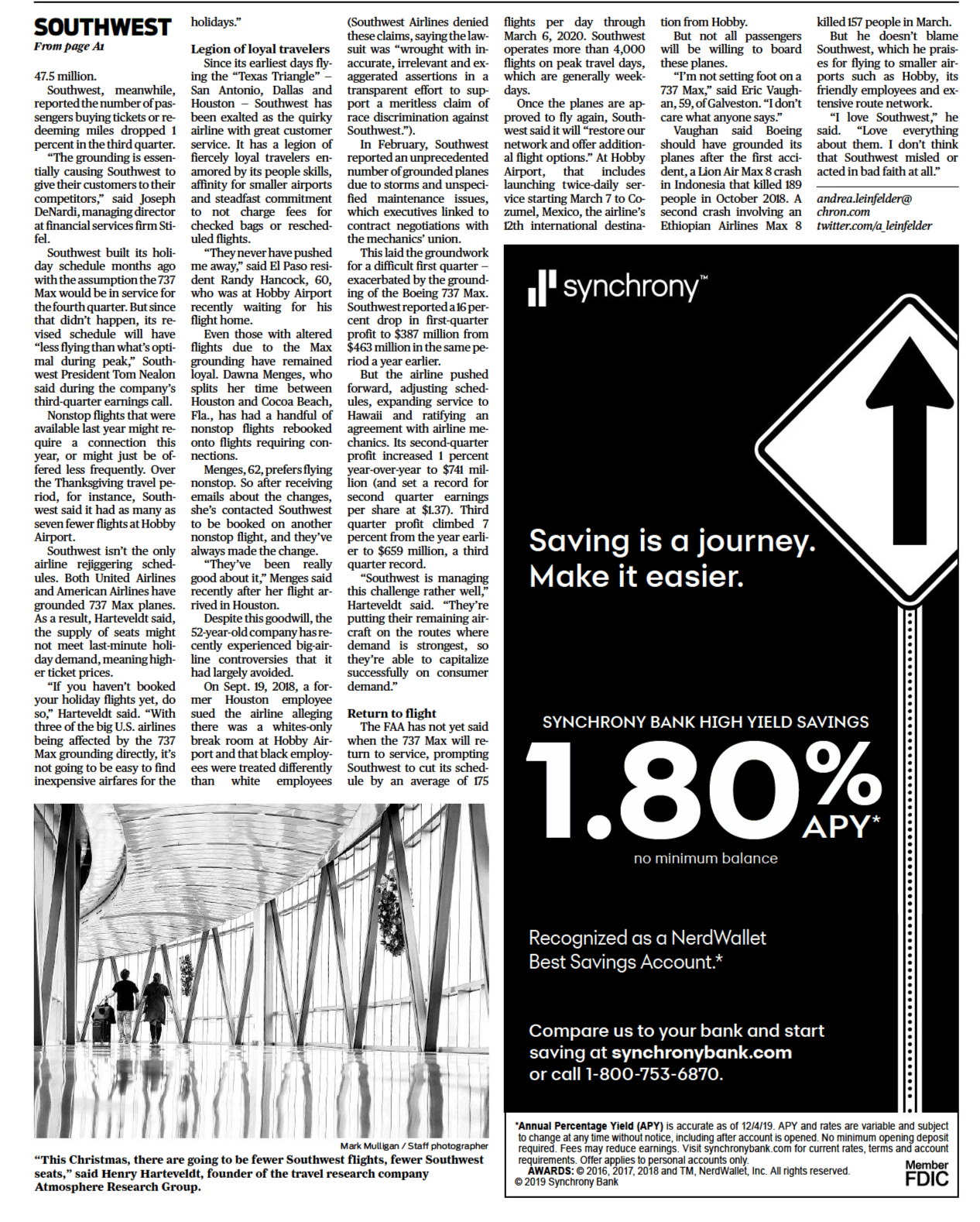Scattershooting
The NCAA president, Mark Emmert, has said Congress is likely to pass federal legislation regarding the compensation of student athletes for use of their name, likeness and image. In fact, although the NCAA is usually proud of its autonomy, Emmert seemed to welcome the prospect of Congress doing this. California and 20 other states have passed laws on this subject matter and other states are considering it. Viewed from the standpoint of the NCAA, it is easy to see how difficult it will be to enact rules that all the member schools can agree upon and which don’t run afoul of a hodgepodge of state laws. It will be interesting to see how this goes and what effect it will have upon the balance of power in college athletics. Regardless of where the rules eventually come from, I am afraid this won’t go well.
There is an ongoing debate concerning whether manufacturers of communication devices should be allowed to make encryption available that cannot be overcome by law enforcement agencies or even the manufacturers themselves. The U.S. Attorney General is, of course, taking the position that law enforcement agencies should be able to access encrypted communications and the manufacturers and privacy advocates say the opposite. Congress and maybe the courts will eventually have to sort this out. In the meantime, there is an interesting article in the December issue of the Journal of the State Bar of Texas by Pierre Grosdidier which addresses the question of whether courts can compel a suspect to use biometrics to unlock a digital device. This question involves the 4th (unreasonable search and seizure) and particularly the 5th (privilege against self-incrimination) Amendments to the U. S. Constitution. I will not get into the discussion and arguments for and against, nor will I try to summarize the holdings of the various courts in different jurisdictions. Suffice it to say that “most courts have held that compelling a suspect to provide his or her biometrics to unlock digital devices does not offend the Fifth Amendment.” Maybe that brings you a sigh of relief or causes you fear or concern, but we are definitely in a new age that is developing far faster than Congress can act or the courts can render decisions. Can you imagine what the Founding Fathers would say about today’s technology?
Baker-Hughes, a Houston oilfield services company, announced it had entered into a 10 year contract to get all of the electricity for its 170 facilities in Texas from renewables. Other major fossil fuel businesses such as Occidental Petroleum, Exxon Mobile and Shell have also entered into contracts for some of their energy from renewable sources. This trend from coal to natural gas to renewables will continue because wholesale electricity prices in Texas from conventional sources average $30 per megawatt hour and renewable sources come in at or below that price. This is a bright spot.
The Houston Chronicle ran a story on 12/12/19 concerning how the Boeing 737 Max safety crisis has adversely impacted the ability of airlines, who were counting on the planes to be available, to take advantage of high volumes of holiday travelers. 
*Article is property of the Houston Chronicle / HoustonChronicle.com
This reminded me that Bill Torrey, District Attorney of Milam County, was kind enough to send me an article from The New Yorker. The article, After the Crash, was by Alec MacGillis and appears in the November 18, 2019, issue. It is well worth the read. The article describes in detail how the FAA essentially outsources its safety duties to the manufacturers and how, inevitably, Boeing became much more focused on its manufacturing schedule and making money rather than safety. This issue was also addressed in Congressional hearings on Wednesday of last week, but coverage was overshadowed by impeachment news. The testimony at the hearing revealed that FAA analysts determined after the first crash in 2018 that the 737 Max was likely to crash again, which it did 5 months later, but the FAA did not ground the plane. According to the testimony, the Max will remain grounded this year. Also, Ed Pierson, a former Boeing senior manager, testified to problems at Boeing that transcended the problems that caused the two crashes. Pierson said: “I witnessed a factory in chaos and reported serious concerns about production quality to senior Boeing leadership months before the first crash. I formally reported again before the second crash. No action was taken in response to either of my reports.” Only at the end of the hearing did the head of the FAA grudgingly admit the agency had, in hindsight, made mistakes, but his stubborn reluctance to admit mistakes has to make you doubtful that he meant it or that changes will be made.
This debacle reminds us that self-regulation is no regulation and that cozy, hand-in-glove relationships between business and regulators are fraught with peril for the public.
The New Yorker article sent by Bill Torrey touches upon the role of the civil justice system (tort law) in compensating victims and in curbing the abuses and excesses of big business. As the article points out, when regulation fails, what else are we to do but seek redress in a court of law? If Boeing’s motive to ignore safety was greed, doesn’t it make sense to take away the reward they put above safety?
On December 10, 2019, Chevron announced it is writing down the book value of its gas reserves by $10 to $11 billion. This action is an acknowledgment that there is a glut of gas and that the oversupply has depressed prices to the point that it doesn’t pay to drill for it or pay for its transport by pipeline to markets. The gas market is expected to stay depressed into the indefinite future. This means a great deal of pain for oil & gas companies, oilfield service companies, investors and royalty owners. It also impacts the coal industry in that coal no longer makes environmental or economic sense. This is not to say that gas is clean or environmentally friendly, but it is better than coal. As reported elsewhere, the cost of renewable power has fallen sharply and is now competitive with gas. Will what happened to coal now happen to gas quicker than we thought?
In another interesting move toward renewable energy, Dominion Energy is investing $200 million in an organic-waste processing facility which converts cow manure to natural gas. These facilities are called anaerobic digesters. The digesters will be built among clusters of dairy farms where disposal of manure is already an environmental problem. This technology also works with hog manure and offal from poultry slaughter houses.
